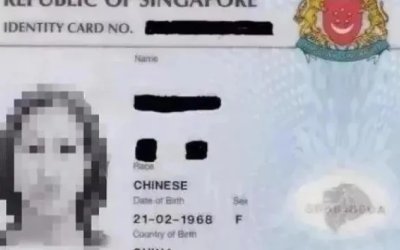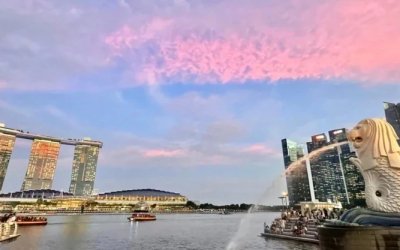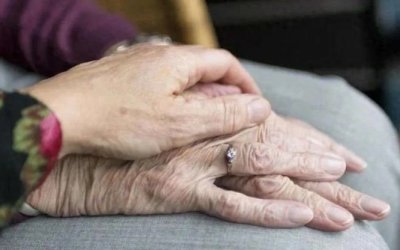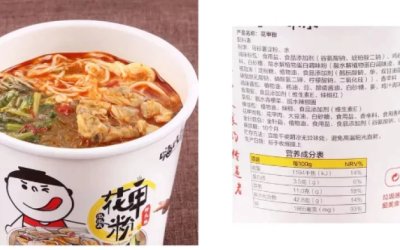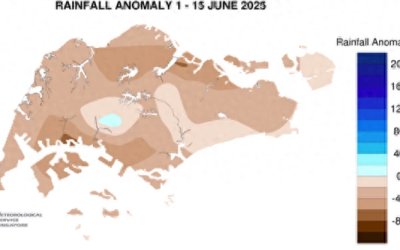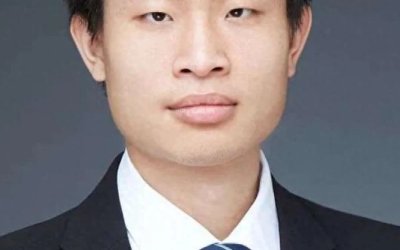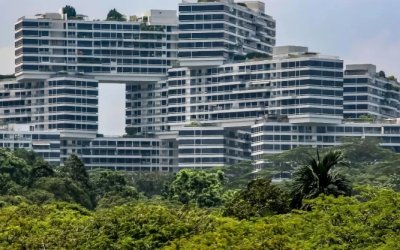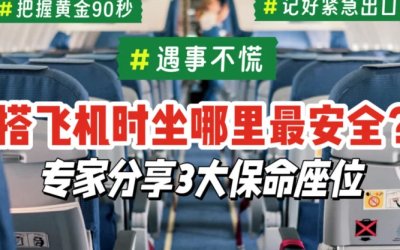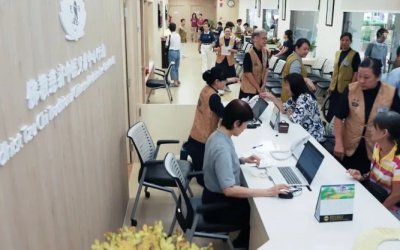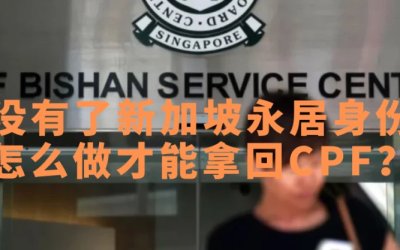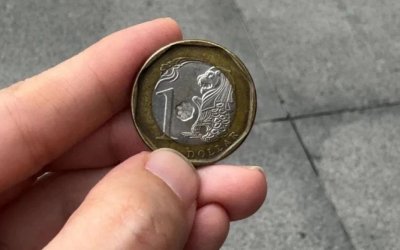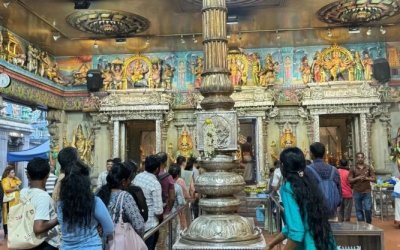2025年4月8日,新加坡衛生部兼數碼發展與新聞部政務部長拉哈尤.瑪贊在國會口頭答覆宏茂橋集選區議員顏添寶、阿裕尼集選區議員林瑞蓮有關為新加坡公民的非公民母親或親屬提供分娩津貼及其他醫療費用補貼的問題。 以下內容為新加坡眼根據國會英文資料翻譯整理:
顏添寶 (宏茂橋集選區議員)問衛生部長:
(一)過去五年,衛生部是否收到新加坡公民為其非公民親屬或外籍配偶申請醫療費用援助或補貼的個案?若有,共有多少宗?
(二)衛生部能否與移民與關卡局(ICA)合作,考慮推行政策,要求持長期探訪准證(LTVP)入境的外國親屬或配偶在逗留期間購買醫療保險?
林瑞蓮(阿裕尼集選區議員)問衛生部長:
(一)針對為新加坡公民的外籍母親提供的公民級別分娩津貼,是否涵蓋一般分娩住院期間的所有費用項目,或僅限特定項目?
(二)若僅限特定項目,請列明具體項目;
(三)是否會檢討現行政策以減少或消除不同外籍母親(其孩子為新加坡公民)總帳單金額的差距?
拉哈尤·瑪贊(衛生部兼數碼發展與新聞部政務部長,代衛生部長答覆):議長先生,請求准許合併答覆第1及第2個問題。
議長:請繼續。
拉哈尤·瑪贊(衛生部兼律政部高級政務次長):林瑞蓮議員詢問外籍母親為新加坡公民產子時的分娩住院津貼。大部分育有新加坡公民子女的外籍配偶為永久居民(PR)或持有長期探訪附加准證(LTVP+),因此有資格在公立醫療機構享受醫療補貼。特別是,已取得永久居留權或LTVP+並與新加坡公民結婚的母親,從入院分娩至產後出院期間的所有相關項目及治療,均享有與公民同等的補貼。
針對顏添寶議員關於非公民親屬或配偶醫療援助的提問,衛生部及公立醫療機構確實收到新加坡公民為其外籍家屬申請醫療費用資助的個案。我們會根據個案具體情況評估,但未專門統計此類申請數量。
需強調的是,醫療補貼由全體新加坡人承擔,向外國人擴展此類福利須審慎考量。面臨醫療費用困難的外籍人士可向醫療社工求助。
醫療保險是另一種保障持LTVP或家屬准證(Dependant’s Pass)外籍家屬的方式。目前,他們可購買綜合健保計劃(Integrated Shield Plan)並現金支付保費,或使用公民/永久居民家人的保健儲蓄(MediSave)。部分人亦可能享有僱主提供的醫保福利。
然而,強制所有長期居留外國人購買醫療保險需慎重考慮,因其可能對公民家屬造成財務負擔。我們將持續研究此措施的可行性。
議長:有請林瑞蓮議員。
林瑞蓮(阿裕尼集選區議員):感謝議長。我有三項補充提問。
第一,衛生部是否承認有相當數量的新加坡公民子女是由未持PR或LTVP+(僅持LTVP或更低准證)的外籍母親所生?
第二,提高總生育率(TFR)是國家要務。對於未持PR或LTVP+的外籍母親而言,其分娩總費用顯著高於持LTVP+或PR的母親,這是否與提高生育率的目標相悖?
第三,若考慮為這類外籍母親提供額外支持,鑒於人數有限且分娩次數多為一次或兩次,政府是否無法負擔相關成本?
拉哈尤·瑪贊:感謝議員關注。首先,人數問題請以內政部(MHA)答覆為準。根據2024年分娩數據,持LTVP+等准證的外籍母親占比不足10%,絕大多數外籍配偶為PR或LTVP+持有者。
需說明兩點:第一,持PR或LTVP+的母親從分娩入院至出院全程享受公民級別補貼,新加坡公民子女的權益已獲保障。即使母親在申請LTVP+期間分娩,亦可追溯適用補貼。
第二,持LTVP+的外籍配偶在非分娩期間亦可享有與PR同等的公立醫院住院補貼。若遇經濟困難,可尋求醫療社工協助。
現有政策已覆蓋議員提及的大部分問題,但我們將持續檢視政策缺口,適時調整財務援助框架。
議長:有請林瑞蓮議員。
林瑞蓮(阿裕尼集選區議員):感謝議長。再補充一問:既然未持PR或LTVP+的外籍母親占比不足10%,而每名新加坡新生兒都彌足珍貴,政府是否有空間檢討政策,為持LTVP或更低准證的母親提供更多財務支持?
拉哈尤·瑪贊:我們將持續評估。建議符合條件的母親申請LTVP+以享受公民級別補貼。對於確有困難者,衛生部將繼續探索支持方案。

以下是英文質詢內容: SUBSIDIES ON MATERNITY FEES AND OTHER MEDICAL BILLS FOR FOREIGNERS WHO ARE MOTHERS OR RELATIVES OF SINGAPORE CITIZENS
1 Mr Gan Thiam Poh asked the Minister for Health (a) whether the Ministry has received appeals from Singaporeans for help and subsidies to pay medical fees for their non-Singaporean relatives or foreign spouses in the past five years and if so, how many such cases there have been; and (b) whether the Ministry can work with ICA to consider implementing a policy requiring such foreign relatives or spouses visiting Singapore on long term visit pass to purchase medical insurance during their visit.
2 Ms Sylvia Lim asked the Minister for Health (a) whether the citizen-level subsidies for maternity fees accorded to foreign mothers giving birth to Singapore Citizens apply to all items incurred during a typical maternity hospitalisation or only to specified items; (b) if only for specified items, what are the specific items; and (c) whether a review will be done to equalise or reduce the disparity in the total bill size for all foreign mothers giving birth to Singapore Citizens.
The Minister of State for Health (Ms Rahayu Mahzam) (for the Minister for Health): Mr Speaker, may I seek your permission to answer Question Nos 1 and 2 together, please?
Mr Speaker: Please proceed.
Ms Rahayu Mahzam: Ms Sylvia Lim asked about maternity hospitalisation subsidies accorded to foreign mothers giving birth to Singapore Citizens. The majority of foreign spouses with Singapore Citizen children are Permanent Residents (PRs) or holders of Long-Term Visit Pass-Plus (LTVP+). Therefore, they are eligible for healthcare subsidies in public healthcare institutions. In particular, mothers with permanent residency or LTVP+ who are married to Singapore Citizens receive the same level of subsidies as Singapore Citizens for all items and treatments incurred for the entire delivery episode, from admission for childbirth to discharge after delivery.
On Mr Gan’s question about help and subsidies for non-Singaporean relatives and spouses, the Ministry and our public healthcare institutions do receive appeals regarding financing for healthcare costs incurred by foreign spouses or relatives of Singapore Citizens. We assess them on a case-by-case basis based on individual circumstances and do not specifically track the number of appeals.
Ultimately, as healthcare subsidies are borne by all Singaporeans, any extension of these benefits to foreigners must be assessed carefully. Foreigners facing financial difficulties with their healthcare bills may approach our medical social workers for assistance.
Healthcare insurance is another way to help protect families with foreigner members on LTVP or Dependant’s Pass from large hospital bills. Today, such individuals may buy plans offered by Integrated Shield Plan insurers and pay premiums in cash or using their Singapore Citizen/PR family members』 MediSave. They may also be covered by employer medical benefits.
However, making healthcare insurance mandatory for all long-staying foreigners will have to be carefully considered, as this may in turn pose a financial burden on their Singapore Citizen family members. We will continue to study the feasibility of this.
Mr Speaker: Ms Sylvia Lim.
Ms Sylvia Lim (Aljunied): Thank you, Speaker. I have three supplementary questions for the Minister of State.
First, I have asked for the figures from the Ministry of Home Affairs (MHA) for the answer to this, so I do not know, but does the Ministry of Health (MOH) also acknowledge that there is a significant number of Singaporean children being born to foreign mothers who are not holders of PR or LTVP+ but LTVP itself or less. So, does MOH acknowledge that fact?
Secondly, it is a national priority for us to increase our total fertility rate (TFR). So, if we look at the cost differential for foreign mothers giving birth to Singapore Citizens who are not holders of PR or LTVP+, does MOH not find that the total bill size is significantly higher than that for LTVP+ or PR mothers, in the sense that it works against our aim to increase our TFR, because the cost is just too high?
